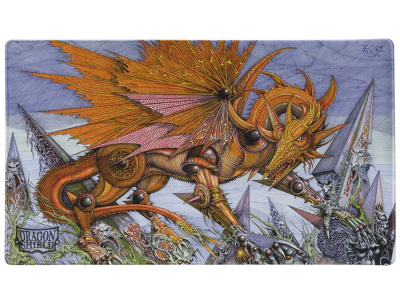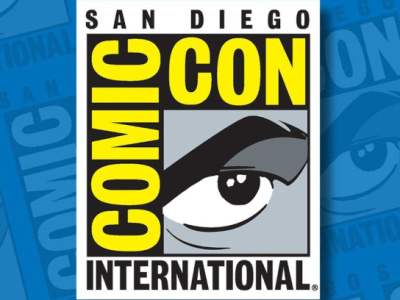 Rolling for Initiative is a weekly column by Scott Thorne, PhD, owner of Castle Perilous Games & Books in Carbondale, Illinois and instructor in marketing at Southeast Missouri State University. This week, Thorne talks about how his gaming space ties to revenue.
Rolling for Initiative is a weekly column by Scott Thorne, PhD, owner of Castle Perilous Games & Books in Carbondale, Illinois and instructor in marketing at Southeast Missouri State University. This week, Thorne talks about how his gaming space ties to revenue.Well, we made good use of our customer space this weekend with the Magic: The Gathering Gatecrash Pre-release running both Saturday and Sunday. It was our best attended pre-release ever, though not our best sales weekend ever. We received 150 Guildpacks from WotC and could probably have used a dozen more to take care of latecomers that we had to turn away. This is the first time I can recall we have gone through all of the packs provided for pre-release tournament players in the years since we started running them.
Overall, we, and more importantly the players, were very happy with this set. Surprisingly, we had the highest number of tournament drops of any pre-release that I can recall. A number of players registered, then either left or played first round and dropped, usually without telling anyone, Ergo we wouldn't find out until partially through or at the end of the round, when their opponent would come tell us that no-one had showed. I don't recall this proving such a serious problem in prior pre-releases. All in all, a very entertaining and profitable, made more so by the flexibility WotC allows us in running the event, made slightly less so by the salad dressing I spilt on my pants halfway through the final tournament.
This goes back to the concept of customer space that I wrote about a couple of weeks ago. The gamerooms/event space in which we hosted the pre-release events typically do not generate any direct revenue for the store. We do not put merchandise in them, save for one in the front clearly visible from the front counter, because of both the ease of shoplifting, even with cameras there, and the likelihood that, with players moving around, merchandise put in the area has a high chance of getting damaged. That means, unless we have customers playing in them, they are essentially dead space. It is therefore important that we host as many events, both those that generate direct revenue and those that generate indirect revenue, as possible.
This weekend's Magic Pre-releases and last weekend's Yu-Gi-Oh! Cosmo Blazer Sneak Peek both generated direct revenue for the store. The money coming from customers playing in both events was likely money we would not have received had we not hosted the five events. We host our weekly Warhammer 40,000 and HeroClix events in order to generate indirect revenue. By giving those players both a place to play and events in which to play, the 40K players buy more Warhammer 40,000 figures, paint, and brushes, while the HeroClix players buy more, well, HeroClix. Unlike Games Workshop games, there are not a lot of add-ons we can sell HeroClix players, so we rely on the collectable nature of the game and the desire of the players to add the new figures to their collections.
Then, we have Nintendo's Pokemon OP events, specifically designed by the company to make stores rely solely on indirect sales, as company policy does not allow stores to charge admission fees to events such as Pokemon Battle Roads or City Championships. Nintendo apparently designs the events with the expectation that stores hosting them will generate sales as the players shop the store, either buying cards for their decks prior to the event or making purchases during the event. We have run a few of these and, while other stores may have done well with this model, we have seen no consistent bump in Pokemon sales as a result. We will likely continue them but not bump revenue generating events such as Yu-Gi-Oh! or Pathfinder Society, even for marquee events such as a Battle Roads.
I have seen some stores do well without event space but not many. The event store seems a model most gaming retailers choose to follow. It is important, however, to view event space as a revenue generator and treat it as such.
The opinions expressed in this column are solely those of the writer, and do not necessarily reflect the views of the editorial staff of ICv2.com.







